Africa/Kenya/02-02-2020/Author: Hunja Macharia/Source: www.kbc.co.ke
The Government will conduct a head count of last year’s KCPE candidates who have joined form 1 in line with the 100 percent transition policy.
Speaking in Vihiga County Interior CS Fred Matiangi warned that National Government Administrative officers will be held personally liable for the absence of these learners from school.
“Despite our progress in transitioning from primary to secondary school education we’re still holding out for 100% of last year’s KCPE candidates. Chiefs & Asst. Chiefs must comb through villages & account for these learners within their areas of jurisdiction.” Matiangi said.
The same was replicated in Kilifi County where Senior Ministry of Education and Teachers Service Commission officials embarked on an exercise to ensure the 100 percent transition to secondary school policy is complied with.
This follows revelations that the County had achieved a transition rate of 86 percent with the other students unaccounted for.
 The senior officials led by Education Chief Administrative Secretary Mumina Bonaya together with administrative and security officers went on a house-to-house mop up exercise and forcefully took parents and their children who were still at home to nearby secondary schools where they supervised the admission of the children.
The senior officials led by Education Chief Administrative Secretary Mumina Bonaya together with administrative and security officers went on a house-to-house mop up exercise and forcefully took parents and their children who were still at home to nearby secondary schools where they supervised the admission of the children.
The team also included Deputy Director of Education Hassan Duale, Coast Regional Director of Education Hussein Osman, TSC Coast Regional Director Victoria Mvoka and Kilifi County Director of Education Eunice Khaemba among other government officers.
Ms Bonaya said less than 60,000 students were yet to join form one in the Country as efforts to attain 100 per cent transition reach top gear.
Kilifi and Tana River Counties are said to be the Counties with the highest number of students who are still at home with the CAS saying the Ministry remains committed to ensure full compliance with the policy.
“We are just following up to ensure that we do not leave anyone behind as it is now a government policy to ensure 100 percent transition from primary to secondary school,” she said.
Bonaya however acknowledged that some parents or guardians had failed to take the students to school due to financial constraints.
“Some of the children are total orphans while others were abandoned by their parents and are living with their elderly grandparents. Others are not aware that government secondary schools do not charge school fees, but we have advised them accordingly,” she said.
Source and Image: https://www.kbc.co.ke/ngaos-directed-to-ensure-100pc-secondary-school-transition/

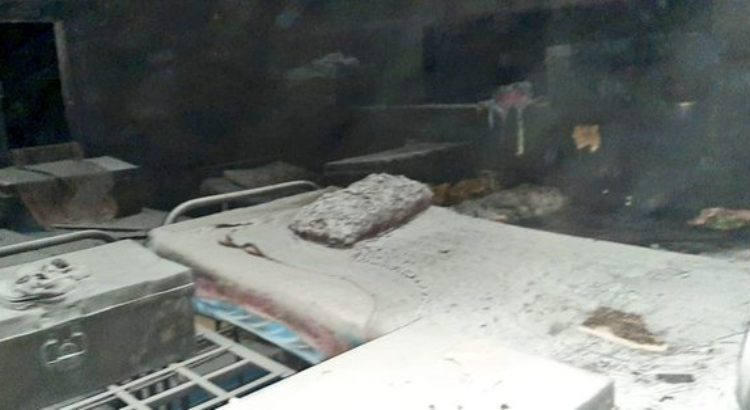
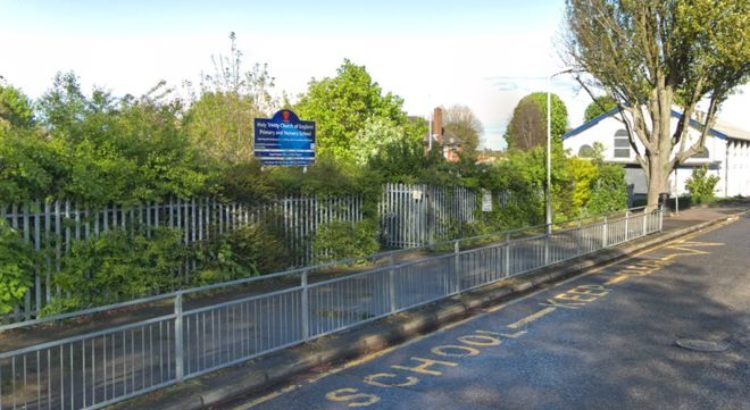
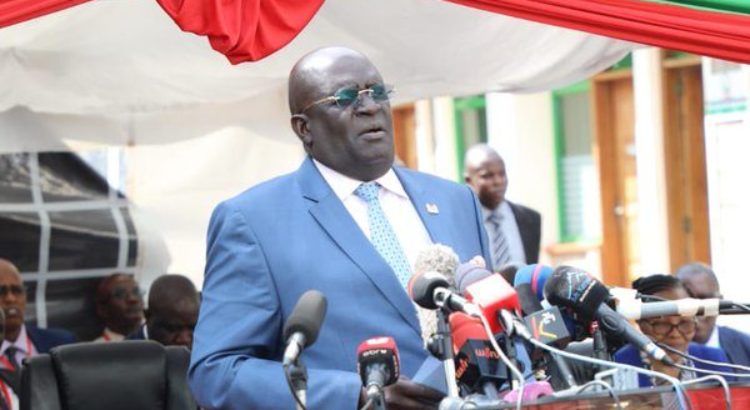
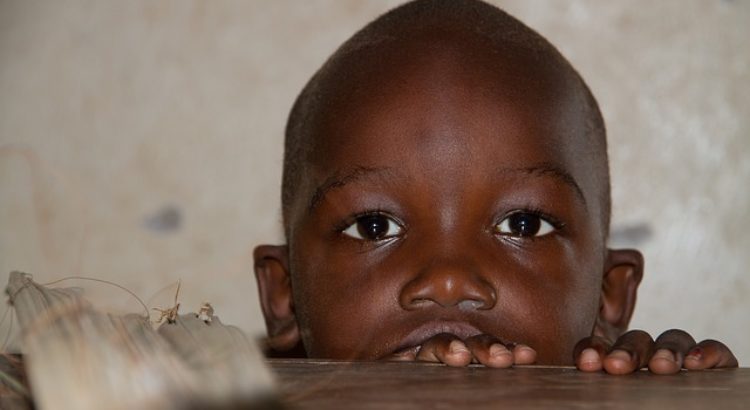
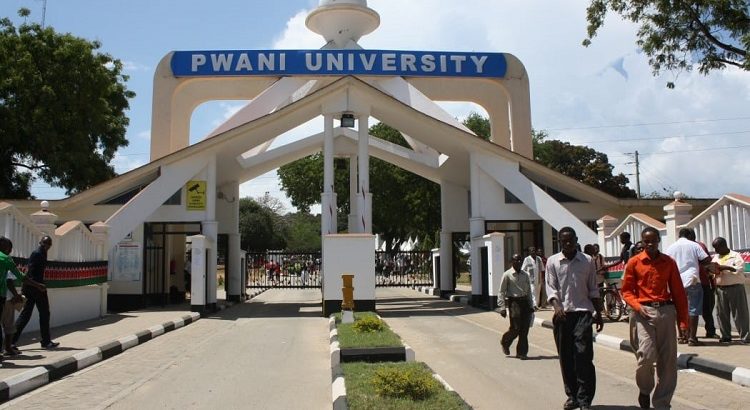
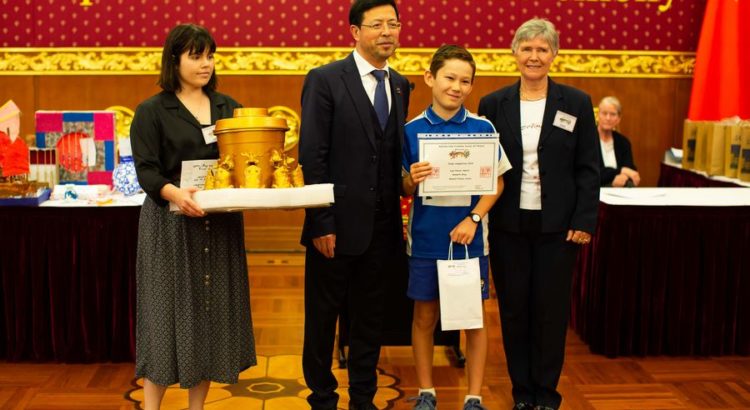

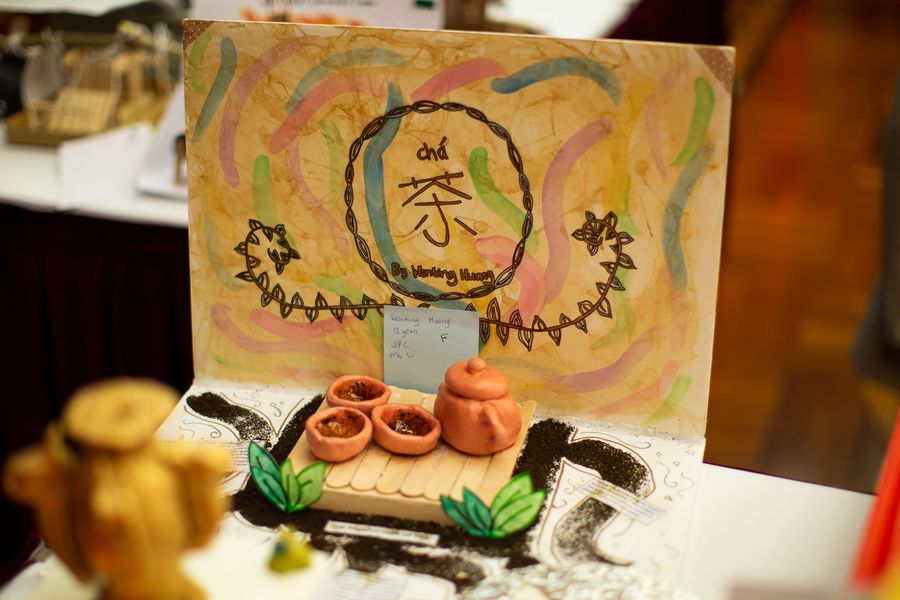
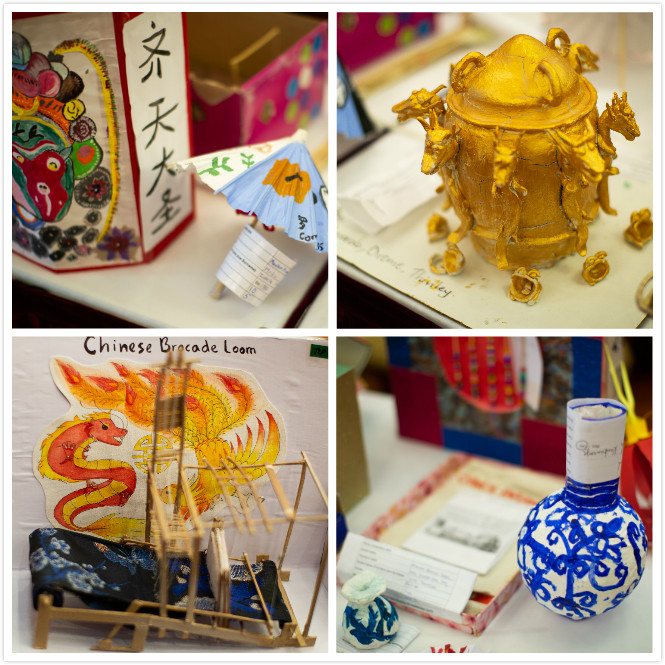






 Users Today : 94
Users Today : 94 Total Users : 35404572
Total Users : 35404572 Views Today : 112
Views Today : 112 Total views : 3334152
Total views : 3334152